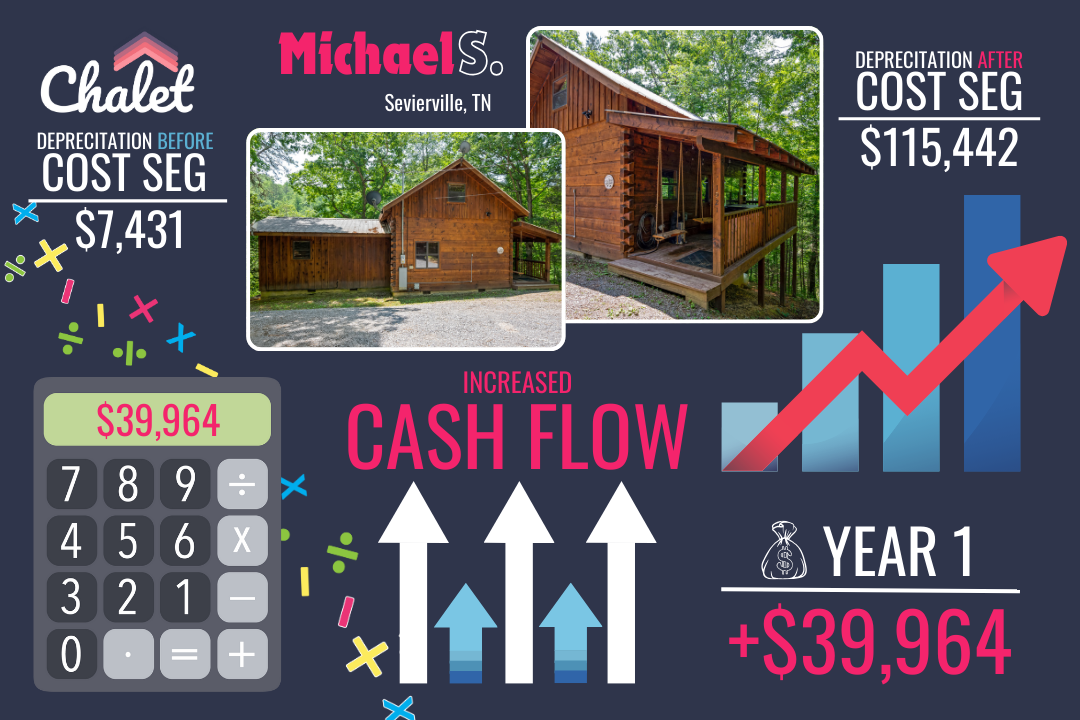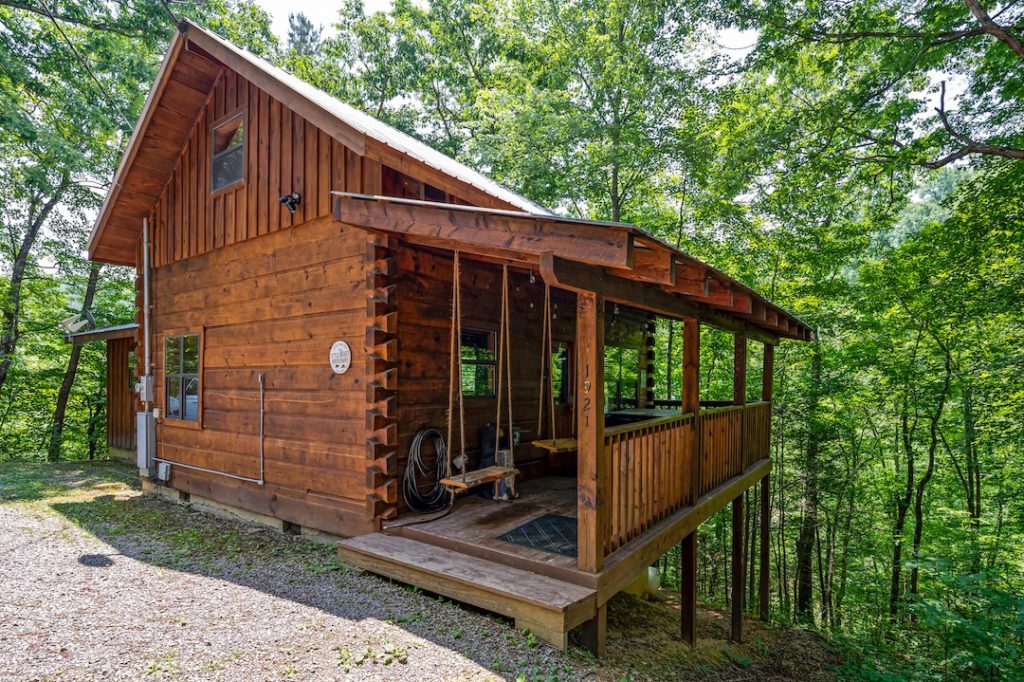Introduction
The power of cost segregation lies in its ability to unlock hidden value in real estate investments. In our case study, we will demonstrate how it transformed a standard depreciation deduction into a powerful tool for wealth creation, offering immediate and substantial financial benefits. Whether reinvesting in your property, reducing debt, or expanding your portfolio, the increased cash flow gained with a cost segregation study, gives you the freedom to make decisions that would further enhance your financial position.

What is Cost Segregation and Bonus Depreciation?
Cost segregation is a tax strategy that allows real estate investors to accelerate depreciation deductions by identifying and reclassifying certain components of a property into shorter recovery periods for tax purposes. This process separates personal property assets from real property assets, allowing for significant tax savings. Bonus depreciation further enhances this by allowing investors to deduct a large percentage of the purchase price of qualifying assets in the year they are placed in service, rather than over the asset’s useful life.
Want to know more about cost segregation? You can read more about it here or talk to our experts: Connect With a Cost Segregation Specialist
Is Cost Segregation Going Away?
The tax landscape is always evolving, and one key aspect to be aware of is the phase-out of 100% bonus depreciation, which began in 2023. By 2027, this incentive will be completely phased out. This means that the window to maximize your depreciation deductions—and thereby reduce your taxable income significantly—is narrowing. Acting now to take advantage of these benefits is crucial.
How Much Does a Cost Segregation Study Cost?
The cost of a cost segregation study varies depending on the complexity of the property, the chosen methodology and the firm conducting the analysis. The cost can start even as low as $1,500. Is Cost Segregation Worth It? This upfront investment can yield returns that far exceed the initial cost through increased tax savings and improved cash flow, as we will show in our case study in this article.

Case Study: Michael S. and His Airbnb in Tennessee
Michael, a savvy investor with a keen eye for maximizing returns, purchased an Airbnb property in Sevierville, Tennessee in 2023 for $585,000. As with many real estate investments, Michael initially approached the depreciation of his property using traditional methods. Without cost segregation, his depreciation deduction for the first year would have been a modest $7,431. While this amount provided some tax relief, it was far from realizing the full potential of his investment.
Recognizing the opportunity to optimize his tax strategy, Michael decided to conduct a cost segregation study. This decision proved to be a game-changer. By breaking down the various components of his property into shorter depreciation schedules, Michael was able to increase his first-year depreciation to an astounding $115,442—more than 15 times what he would have achieved without the study.
Increased Tax Depreciation (Year 1): $108,012
The impact of this increased depreciation was immediate and substantial. With an additional $108,012 in depreciation, Michael effectively reduced his taxable income by this same amount. This reduction translated into significant tax savings, allowing Michael to keep more of his hard-earned money. For many investors, this level of tax efficiency is the difference between a good investment and a great one.
For Michael, the benefits extended beyond just tax savings. The additional depreciation meant that his property was generating more value for him right from the start. Instead of waiting years to recover the cost of his investment through traditional depreciation methods, he was able to accelerate this process and enjoy the benefits almost immediately.
Increased Cash Flow (Year 1): $39,964
One of the most tangible benefits of this increased tax depreciation was the immediate boost to Michael’s cash flow. With an additional $39,964 in cash flow for the first year, Michael found himself with a significant amount of extra capital. This wasn’t just theoretical money saved on taxes—it was real cash in his pocket.
This increased cash flow provided Michael with the flexibility to reinvest in his property, making improvements that would further enhance its value and attractiveness to guests. Alternatively, he could use the extra funds to pay down debt more aggressively, reducing his financial liabilities and increasing his equity in the property. Additionally, with this enhanced cash flow, Michael was in a stronger position to consider expanding his portfolio, potentially acquiring additional properties and growing his Airbnb business even further.
Michael’s experience is a prime example of how cost segregation can dramatically improve the financial performance of a real estate investment. By conducting a cost segregation study, Michael was able to accelerate depreciation, reduce his taxable income, and significantly increase his cash flow—all in the first year of ownership.
Conclusion
For any investor looking to maximize the returns on their Airbnb or other short-term rental properties, cost segregation offers a strategic advantage that can make a significant difference in both the short and long term. With the phase-out of 100% bonus depreciation on the horizon, now is the time to act and secure these benefits before they diminish.
If you’re interested in learning how much you could save with a cost segregation study, connect with our expert team today for a free estimate. Don’t leave money on the table—take control of your investment’s potential and maximize your tax savings and cash flow just like Michael did.
Contact us now for your free cost segregation estimate and take the first step towards significant tax savings. Our team of top cost segregation specialists is ready to help you navigate this tax-saving strategy.


